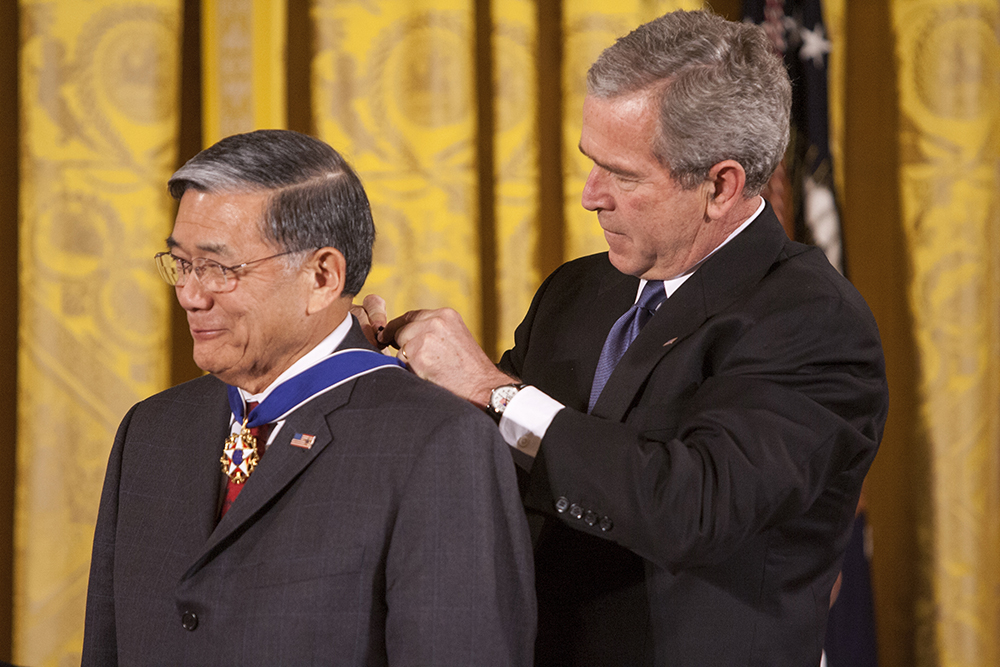Emil H. Frankel is currently an independent consultant on transportation policy and public management issues, a Senior Fellow at the Eno Center for Transportation, and a Senior Advisor of Crosswater Realty Advisors. From 2007 to 2011, as Director of Transportation Policy of the Bipartisan Policy Center (BPC), he led the preparation of BPC’s report, Performance Driven: A New Vision for U.S. Transportation Policy, and from 2012 to 2014 he was a Visiting Scholar and Senior Advisor at BPC.
Frankel was Assistant Secretary for Transportation Policy of the U.S. Department of Transportation from 2002 to 2005. Appointed by President George W. Bush, Frankel played a key role in the coordination and development of the Administration’s proposal to reauthorize the Federal highway, transit, and highway safety programs. He also provided policy leadership in such areas as intermodal freight transportation, reform of the nation’s intercity passenger rail system, transportation project financing, and the application of information technologies to transportation systems operations.
Frankel was Commissioner of the Connecticut Department of Transportation from 1991 to 1995. From 1995 to 2001 he was Of Counsel to Day, Berry & Howard (now, Day Pitney) in the law firm’s Stamford, Connecticut, office, and he was a Principal Consultant of Parsons Brinckerhoff, the international engineering and consulting firm, from 2005 to 2007.
During the 2014-2015 academic year, Frankel was Distinguished Professor of Practice at The George Washington University’s Trachtenberg School of Public Policy and Public Administration, teaching on issues of transportation and cities. From 1995 to 2001, and again in 2008 and 2009, Frankel was a Visiting Lecturer at both the Yale School of Management and the Yale School of Forestry and Environmental Studies, where he taught on issues of transportation, energy, and environmental policy, and public management. In 1995 he was a Joint Fellow of the Center for Business and Government and of the Taubman Center for State and Local Government at Harvard University’s John F. Kennedy School of Government.
During the 1970s and 1980s, he was a senior executive of The Palmieri Company, a national firm engaged in business and real estate reorganizations. Previously, Frankel served as Special Assistant to the Under Secretary of the U.S. Department of Housing and Urban Development and as a Legislative Assistant to U.S. Senator Jacob K. Javits of New York.
Frankel was a founding Vice Chair of the I-95 Corridor Coalition and formerly served on the Board of Directors of the Regional Plan Association of New York. He chaired the Transportation Research Board’s Committee for a Study of Potential Energy Savings and Greenhouse Gas Reductions from Transportation that reported in 2011 and is a National Associate of the National Research Council. Frankel was a Selectman of the Town of Weston, Connecticut, from 1999 to 2001.
Frankel received his Bachelor’s Degree from Wesleyan University and his LL.B. from Harvard Law School, and was a Fulbright Scholar at Manchester University in the United Kingdom. From 1981 to 1984 and from 1985 to 1997 he was a Trustee of Wesleyan University, where he is now a Trustee Emeritus.



